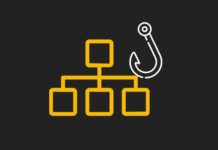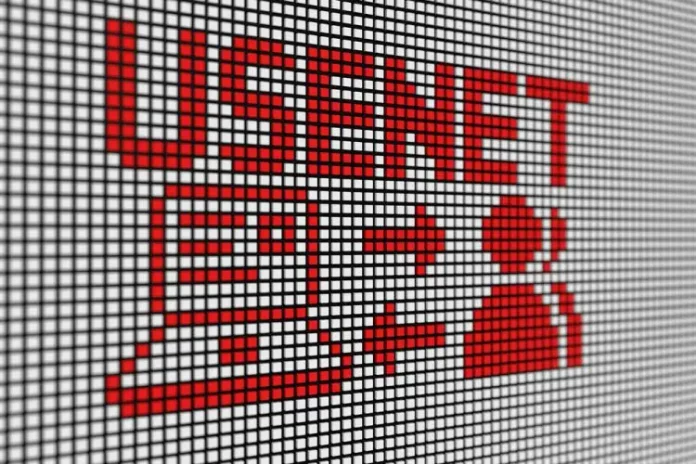Those who work in information technology are more than aware of how important it is to stay safe while surfing the internet; the fears of data breaches, phishing attacks, and hacking are enough to make every computer enthusiast turn into a hermit. Regardless, connecting with others is still a crucial element of staying up-to-date with industry news, getting answers to problems you may be facing in your research, and destressing with those who can understand how you feel.
This is why, instead of turning to Facebook or Twitter, many IT professionals prefer to frequent Usenet, founded in the 1980s by two computer science graduate students. Even after all these decades, it has remained a leading force in social discussions amongst security professionals, particularly due to its unique configuration and rigid security protocols. Today, we’ll investigate some of the essential elements of Usenet’s security so that you can download with confidence.
Anonymous Contributions Protect You Against Doxing
With places like Twitter or Instagram, you need to provide the application with a lot of personal information; 2FA means that you generally cannot access the site without providing your phone number and email address. These sites’ very structure is antagonistic toward anonymity – which makes perfect sense from their perspective, given that they’re known to share private information with third parties.
Usenet is different. Given that you only access the network through a single provider, the Usenet servers themselves have absolutely no information about you; everything goes through your provider. You can generally sign up to a provider with just an email address, and almost all of them have a no-log policy, so you don’t need to worry about anyone prying into what you choose to read through Usenet.
Decentralized Usenet Providers Ensure Your Information is Safe
As an IT professional, you understand the importance of network defense, which helps to prevent infiltration and quickly swats down infiltration attempts. You’re also aware of how essential it is that not all data be stored in the same location, as this makes it much easier to abscond with thousands of gigabytes of data in one fell swoop.
While modern social media networks maintain everything in a large central server, with Usenet, you access information through an individual Usenet provider; this is the only place where any private data, such as your payment information, is stored. This means that even if another Usenet provider is compromised, you don’t need to worry, as it will have no impact on your own experience.
End-to-End Encryption Secures Your Downloads
Usenet has pioneered SSL encryption, which encrypts information on the transmission and receiving end. SSL makes it difficult, if not impossible, for a bad actor to interfere at the point of transmission or reception, as all they would receive is encrypted data that they would need to figure out how to decrypt without any keys.
This is the same technology used by VPNs, which many people rely on to keep their information safe while they surf the internet. The difference is that SSL encryption is built into Usenet, so you don’t need to hunt through dozens of different VPN options to receive newsgroup files. Many providers also offer VPN when you use their newsreaders, adding yet another layer of security to an already secure system.
Free Speech Is Considered Paramount on Usenet
Many social network sites have rather draconian free speech policies, often influenced by the owner’s personal opinions. For example, a post critical of the company’s owner may be taken down, while cruel and degrading remarks about certain groups may remain up without reason. The use of paid advertising also makes it difficult to get unbiased information about current events, and algorithms can push hurtful or fake news up to the top of someone’s feed, no matter how many times they attempt to remove the content from their feed.
Because Usenet is decentralized, free speech reigns; content moderation varies by newsgroup and is usually self-organized by contributors. This makes it easier to discuss difficult topics and self-regulate a community without biased censorship policies that can stymie genuine discussion. You can be critical of policy leaders or share in-depth analyses of news sources, aware that your contribution will not be algorithmically scrubbed.
Usenet Prioritizes Security and Self-Expression
Being an information technology professional in a world of unscrupulous social media corporations can be challenging; you want to develop genuine connections with others, but you also want to protect your privacy. This is why Usenet has remained the gold standard of social networks for so many years: it is safe, secure, and decentralized, all significant components of internet privacy. Ditch the social media giants who sell information and prevent free speech by choosing a good Usenet provider, curating your experience with no algorithms involved.



































